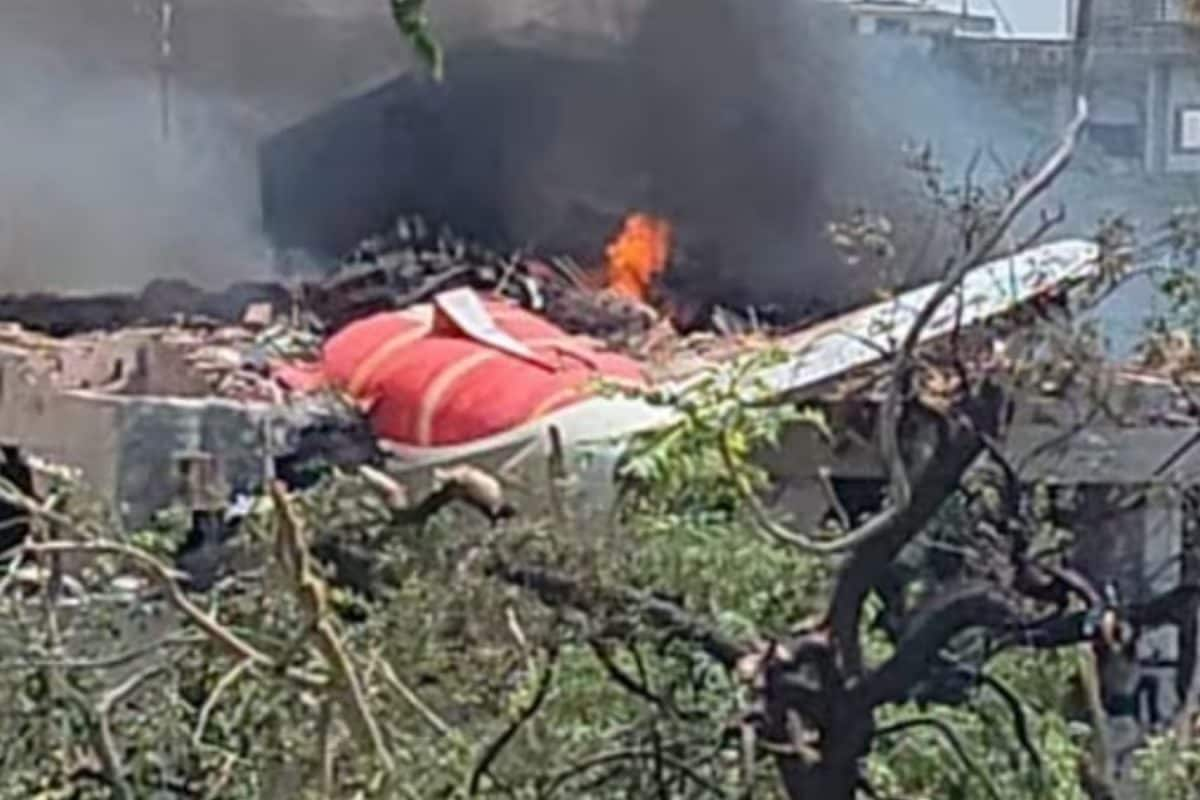

The preliminary report by the Aircraft Accident Investigation Bureau (AAIB) into the Air India AI171 crash that occurred on June 12, 2025, adheres to global standards, according to government sources. The crash, involving a Boeing 787-8 aircraft, took place shortly after takeoff from Ahmedabad's Sardar Vallabhbhai Patel International Airport, resulting in 260 fatalities. The report offers an initial assessment of the event sequence and engine behavior leading up to the tragic event.
The AAIB's 15-page preliminary report indicates that the fuel supply to the aircraft's engines was cut off. Specifically, the fuel control switches transitioned from the "RUN" to the "CUTOFF" position within one second of each other, just three seconds after the aircraft became airborne. This action led to a loss of engine thrust and subsequent engine shutdown, precipitating the crash.
Adding to the mystery, the cockpit voice recorder (CVR) captured a brief but crucial exchange between the pilots. One pilot is heard questioning why the other had cut off the fuel supply, to which the other pilot denied doing so. The report also notes that the fuel control switches were later switched back on, but the deceleration in one of the engines could not be stopped. Despite attempts to restart the engines, only one engine began to recover before the plane crashed approximately 32 seconds after becoming airborne. The switches were eventually found back in the "RUN" position.
The AAIB has ruled out several potential causes, including bird strikes, external damage, and fuel contamination. DGCA lab tests on fuel samples confirmed that fuel contamination was not a factor. The report also mentions that the Ram Air Turbine (RAT) was deployed to supply emergency power, which was captured on CCTV footage.
The preliminary report has raised numerous questions and sparked debate among aviation experts. Aviation expert Sanjay Lazar noted gaps in the report and questioned how US media outlets obtained details before the Indian public. He also criticized the partial release of the CVR transcript, stating that it "leaves a lot of questions". Union Minister Murlidhar Mohol has cautioned against drawing premature conclusions from the preliminary report, emphasizing that further investigation is necessary.
Air India has acknowledged the receipt of the preliminary report and stated that they are cooperating fully with the AAIB and other relevant authorities in the ongoing investigation. The airline also mentioned working closely with stakeholders, including regulators.
Notably, a U.S. Federal Aviation Administration (FAA) advisory issued in 2018 addressed the potential disengagement of the fuel control switch locking feature for the Boeing 787-8. The AAIB report indicates that Air India did not implement the suggested inspections, as the FAA bulletin was only an advisory and not a mandatory directive. The report also states that no defects in the fuel control switch of the accident aircraft had been reported since 2023, when the throttle control module was last replaced. The AAIB has not issued any immediate action recommendations for either the Boeing 787-8 aircraft or the GE GEnx-1B engine. The investigation team will continue to review and examine additional evidence, records, and information.